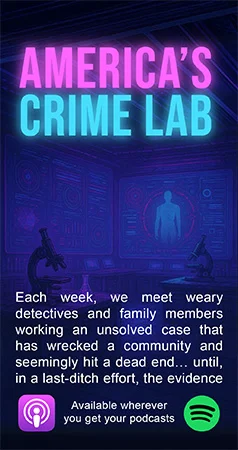Phasing the DNA against one, or both, parents, allows to "split" DNA into paternal/maternal parts. In Gedmatch it looks like M(kit number) = maternal part; P(kit number) = paternal part.
But here, in Delphi, there is likely contaminated, mixed, DNA left on the CS. Also, some people may refuse to collect their DNAs. In this case, phasing to compare who else left DNA in the mix could be important. Of course, parents living in Delphi and people from the same households would be "expected", meaning, their DNA should be on the girls. The "unexpected" ones would be very interesting. And I think that the long road that Paul H. has been speaking about has to do with contamination. JMO.

